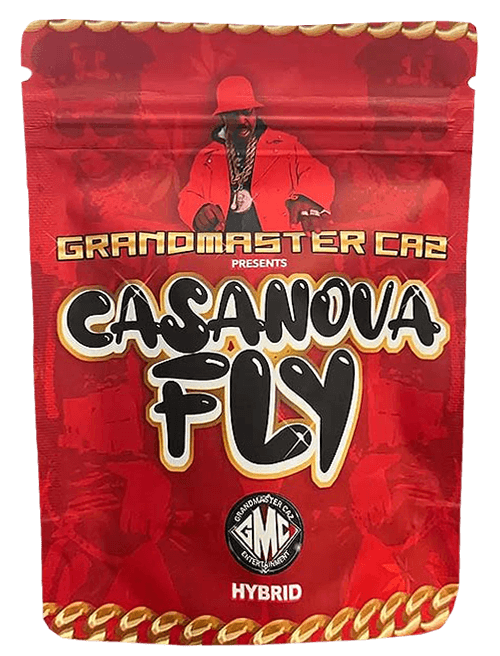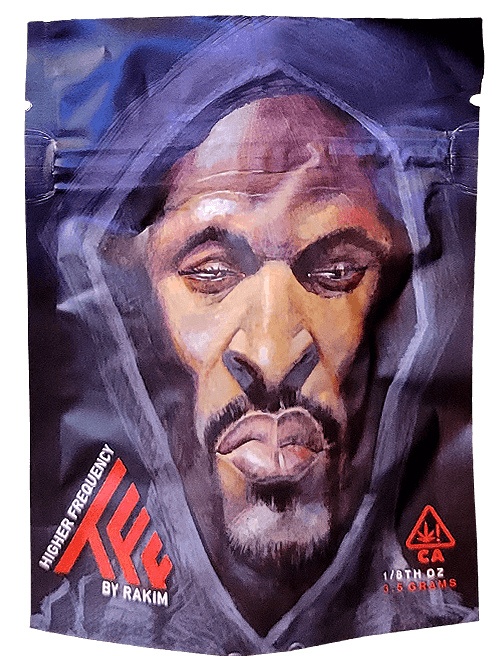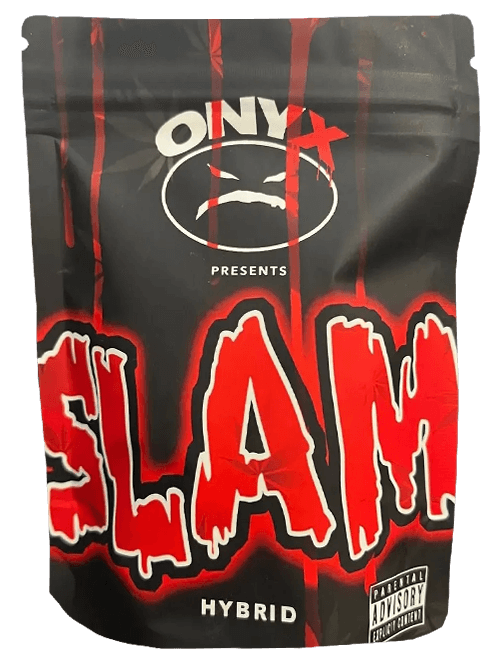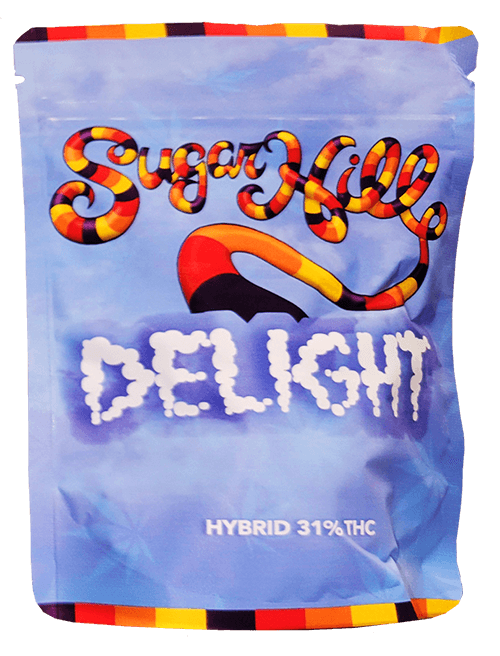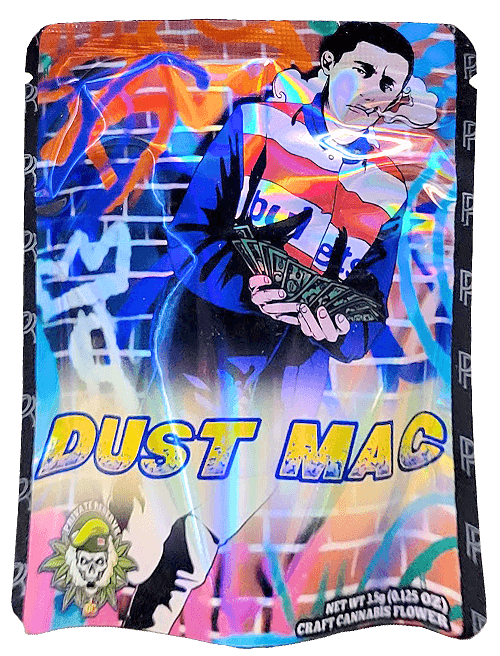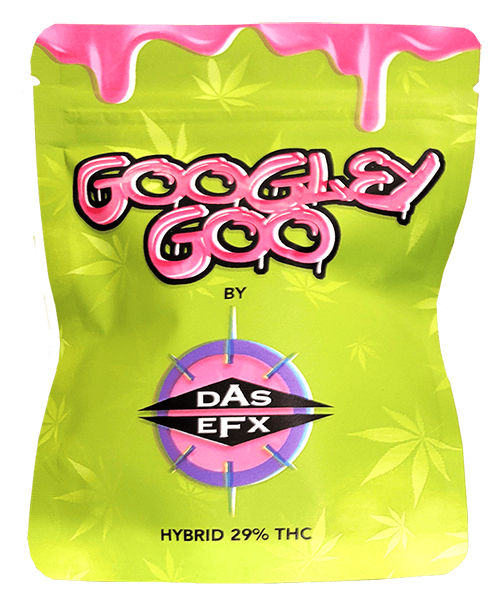What an exciting topic. Many people are confused about the correct way to refer to weed. You might have heard of the pot, weed, and marijuana but wondered the appropriate name for weed and its products?
It’s true; legal weed is finding its way to Illinois. So, it makes sense to know what name or names you should use to refer to this beautiful product.
A WBEZ listener and a reader, Susan Okimoto, asked the same question. According to her, this is what ignited her curiosity: She says she heard some news organizations calling this stuff weed, and she wondered what the proper term for it is.
To her, like many other people, the term weed seems to imply you’re high when you are smoking it. Cannabis, on the other hand, sounds too medical, while marijuana sounds too stiff.
Jason Riggle, a linguist at the University of Chicago, and Isaac Campos, a historian at the University of Cincinnati, offer invaluable help digging through some of this drug’s nicknames. Incidentally, the names are plenty. You can see this from this list of nearly 300 marijuana slang terms listed by the U.S. Drug Enforcement Administration. However, in this article, we have zeroed down to five names for weed.
But first, it might help define bud in the context of marijuana.
Contents
What is Marijuana, Bud?
The marijuana bud is the flower part of the cannabis plant; it is the consumable part of this plant. This part of the cannabis plant is dried, cured, and is ready to smoke. Buds can be sticky or brittle. The best quality buds are rich in trichomes.
Pot
Definition: 1. A round vessel of any size, made of earthenware, metal, or glass, used for holding liquids, cooking, or preserving food: 2. a pot with its contents; 3. potful; 4. a pot of liquor; drink; potation; 5. short for a flowerpot, lobster pot, chimney pot, etc.; 6. a) chamber pot b) a toilet; 7. a) Poker, etc. all the money bet at a single time.
U.S. beginning: Starts being utilized as a term for cannabis in the U.S. toward the start of the twentieth century; begins to take off socially during the 1960s.
History: There’s a famous hypothesis that the Spanish curtailed the word from the articulation potación de guaya, or elixir of misery, which was a glass of wine or liquor blended in with weed in the mid-twentieth century, as indicated by Riggle.
However, he says there’s no proof to demonstrate this beginning of the word pot as it’s used today. He said it could allude to a tea kettle – referring to early utilization of pot imbued tea; however, there’s little proof to help that by the same token.
Would it be advisable for me to utilize the term? Pot is by all accounts a generational inclination.
Weed
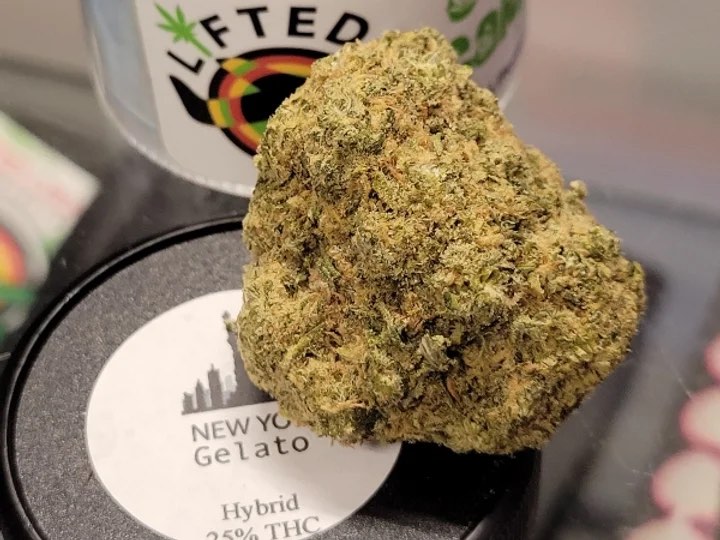
Weed definition: 1. any unwanted uncultivated plant, esp. one growing in profusion to obscure the desired crop. 2. Informal – a) marijuana, b) tobacco, c) a cigar or cigarette. 3. Something useless.
U.S. beginning: Weed began to appear as a term for this drug in the U.S. toward the start of the twentieth century. However, this term was used for unfortunate plants as far back as the 1400s and for tobacco in the 1600s.
History: The term could be an abbreviated form of “locoweed,” a type of plant filling southwest and northern Mexico, as per antiquarian Campos. Mexican citizens commonly used this word interchangeably with cannabis in late nineteenth-century Mexico, so when tales about weed advanced toward the U.S., the two plants got conflated.
Would it be advisable for me to utilize the term? Like pot, it is by all accounts a generational inclination, this time used among young recent college grads instead of Gen Z. The use of the expression “partaking in weed” began to spike in the U.S. writing in the preceding decade of the 21st century. In contrast, “smoking weed” and “smoking pot” started to decrease.
Marijuana
Marijuana is another of the many other names for weed. So let’s delve deeper and get some facts about this common term.
Definition (Webster’s New World College Dictionary): 1. hemp; 2. its dried leaves and flowers, smoked, esp. in the form of cigarettes, for euphoric effects
U.S. origin: Marijuana started to appear in U.S. newspapers in the 1890s. The drug came from Mexico via the international press.
Background: Marijuana, or marihuana, was the common word used to describe this drug in Mexico. In Mexico, the substance dates back to the 1840s. Marijuana was popularized in the U.S. at the turn of the 19th century. At that time, U.S. newspapers began to publish English-language articles from Mexico. These articles focused mainly on crimes committed by people high on this drug.
Marijuana had a “terrible reputation” in Mexico long before it did so in the U.S. According to Campos, the reason was that the drug was associated with lower-class Mexicans like prisoners and soldiers.
Should I use the term? Some people avoid this word because of the argument that it was made famous in the U.S. to stoke anti-Mexican sentiment. However, Campos contends that avoiding the word hides immigrants from Mexico’s influence on U.S. culture.
Cannabis
Definition: 1. Marijuana, 2. Hemp, or any other substance derived from the flowering tops of the hemp plant.
U.S. origin: This term was established in the 1700s as the official scientific name of the cannabis plant, from which weed is derived
History: Cannabis is the word Illinois lawmakers chose to use in the 600+ page law legalizing recreational cannabis and the state law that legalized medical marijuana in 2013.
According to a lead sponsor of the recreational marijuana bill, lawmakers were uncomfortable using the word marijuana – remember the Mexican connotation mentioned earlier. So, U.S. lawmakers chose to stick to the scientific name due to the plant’s controversial history.
Several industry groups and dispensaries have also preferred to use the word cannabis instead of marijuana or pot, allegedly emphasizing the product’s medicinal benefits.
Should I use the term? It’s noteworthy that this is the preferred term used by many industry folks and lawmakers.
Chronic (Kron-ik)
Chronic is slang for weed. But, first, let’s highlight its background and how it was popularized in the U.S.
Definition: 1. recurring often or lasting a long time; 2. having ailment for a long time (a chronic patient); 3. Perpetual, continuing indefinitely, constant. 4. Custom, by habit, etc.; habitual; inveterate [a chronic complainer]
U.S. origin: This term was popularized in the U.S. by Dr. Dre’s 1992 album The Chronic.
History: It’s uncertain whether it was Dr. Dre’s album that popularized a term that was already in use or if the album innovated that term. However, Riggle says it’s rare to find it used in literature or media before 1992. This term is associated with the chronic use of marijuana.
Should I use the term? Some West and South organizers in Chicago who are helping people get into the industry allege. They’re using the word as a method to connect to people disadvantaged by the war on drugs. Equity and Transformation, the economic justice group, has been carrying out a series of workshops referred to as “Chronic Conversations.”
Whatever the slang for weed was when you were young, it’s that likely that it is going to be the term you’ll use for the rest of your life, irrespective of the few additional slangs you might come across along the way. So, whether you use the term ganja, meaning weed or marijuana, rest assured users and credible sellers like LIFTED DC will understand you.
Where to Buy Weed, Pot, or Marijuana in Maryland
It doesn’t matter what you call this excellent plant or its products. If you are in Maryland, Virginia, or Northern, you can get the stuff at LIFTED DC. You get a large selection of high-quality pot. Besides, you get the services of knowledgeable staff that can help you get what suits you. Plus, if they don’t currently have the item that meets your requirements, LIFTED DC will deliver any other agreeable product!
Weed enthusiasts looking elsewhere should try out this company because it provides safe delivery throughout Virginia, Northern Virginia, and Maryland, with FREE delivery! It doesn’t matter what other names for marijuana you use; be sure this vendor will meet your requirements.


